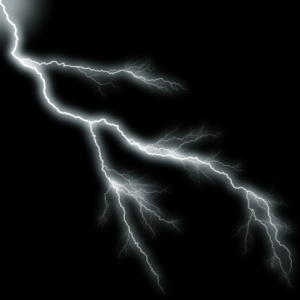 Predictions for the Eurozone
Predictions for the Eurozone
Last month I heard what have to be the wisest words yet on the future of Europe. They came from Howard Marks (not that Howard Marks, the one who’s CEO of global investment corporation Oaktree Capital):
“I’m sure of three things. I don’t know what’s going to happen; nobody else knows what is going to happen; and all the experts are predicting different outcomes so 90% of them must be wrong, if not 100%. It is a folly to listen to anyone who says they know what is going to happen and make investments on that basis.”
There’s no doubt that he’s right about the euro, but what’s more is that his message has a lot of truth in it about trading in general – how we shouldn’t be listening to what the pundits and experts tell us … or to what anyone is predicting.
There’s a tendency for traders (and people in general) to want to know what’s going to happen. We like to discuss it … we like to think about it … (some of us) like to pontificate about it … and we tend to get caught up in the process of predicting.
When, in reality, as a trader, you want to react, not predict.
How often have you found yourself saying: “I knew the market would shoot up, I should have held that position.”
Or: “This share price has just got to go up!”
We’ve all done it.
It’s human nature.
But the truth is that it doesn’t really matter a damn what you thought … what you knew … or what some bloke down the pub says …
All that matters in trading is the set-up.
And how you react to it.
At least, that’s all that should matter, if we’re doing it right!
This is the way we should think about each and every trade:
- If X Y Z happens, then I will Buy/Sell the market.
- Have conditions X Y Z been met? Yes or no? (Not, “well, sort of …”!)
- My risk is this … my reward is that … my stop is here.
Job done.
You’re reacting to something that’s happened (the set-up).
Sure, there’s an element of prediction in your set-up. But that’s based on a track record showing that by reacting in this way, you can maintain an edge over the market.
You’re not looking into a crystal ball – you’re basing the decision on the maths that tells you that your wins are bigger than your losses on average, most of the time. Provided you act in this way, when X Y Z happens.
That’s not really the same as trying to predict the future. It’s more like working the statistics, and making a judgment on those stats.
In fact, many excellent trading strategies have a success rate below 50% – so they’re actually wrong more often than they are right. But because they have a well-balanced risk-reward ratio, they are still keeping an edge on the market – and making that all-important profit.
So, how do we make ourselves more “reactive” … and less “predictive”?
The best traders aren’t better at predicting the markets – they are better at reacting.
When set-ups happen – they trust those set-ups and act on them fast.
If we want to be more reactive, then the way to improve our trading is to work on our entry and exit criteria, rather than wasting time on trying to work out “what’s going to happen”.
Instead, we can ask ourselves: “How can I get in on this move earlier?” or “How can I ride this move further?” or “How can I maximize the potential of this move?”
And the good news is that these questions are a lot easier to answer than “What’s going to happen?”
So these are exactly the questions we’ll be looking at over the next few weeks.

 Predictions for the Eurozone
Predictions for the Eurozone